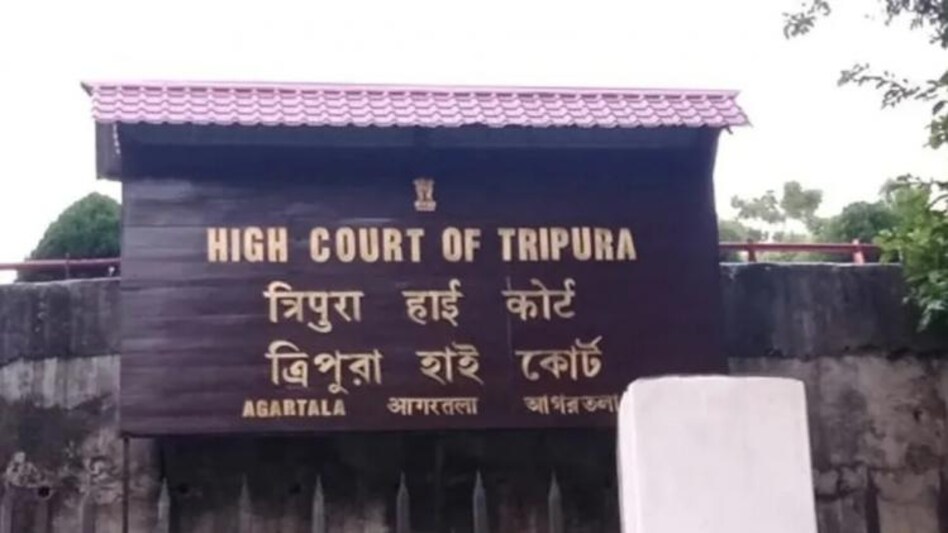M.Y. Eqbal, J.@mdashIn the instant writ application the petitioner has prayed for quashing the order dated 16.4.1994 whereby the claim of the petitioner for compassionate appointment has been rejected.
2. Petitioner''s father who was a teacher in a Government Primary School, died in harness on 11.7.1986. On his death petitioner''s mother applied for her appointment on compassionate ground. However, before any decision was taken she died on 22.8.1988. After her death the petitioner, being the son, filed an application on 30.8.1989 for his appointment on compassionate ground. His application was rejected by the respondents on the ground that at the time of the death of his father he was only a student of Class VIIth. The petitioner challenged the said order by filing a writ petition being CWJC No. 2672/93(R). A Division Bench of this Court disposed of the writ petition on 10.12.1993 directing the Deputy Commissioner. Hazaribagh and also respondent Nos. 2 to 4 to consider the case of the petitioner for his appointment on compassionate ground in the light of the observation made in the said order. The Division Bench observed in the said order that according to the petitioner he was 19 years of age at the time he filed an application for compassionate appointment and the limitation of two years was subsequently extended to five years for entertaining the application. It appears that in compliance of the said order the application of the petitioner was reconsidered and it was rejected on the ground that at the time of death of his father, the petitioner was minor and he submitted application after expiry of two years which was not permissible according to the circular prevailing at that time.
3. Mr. Mahesh Tiwari, learned counsel appearing on behalf of the petitioner relied upon a Division Bench judgment of the Patna High Court in the case of Brajendra Prasad Poddar v. State of Bihar 1990 (2) PLJR 668 and submitted that It was held that although at the time of filing of the application the time limit was two years but while the matter was pending under consideration, the period of two years was extended to five years. Therefore, the application which was pending at the time when the period was extended, deserves consideration.
4. On the other hand, learned JC to GP I relied upon a decision of the Patna High Court in the case of Anil Kumar Singh v. State of Bihar 1993 (1) PLJR 414 for the proposition that at the time of the deceased employee the circular letter dated 12.7.1977 was applicable and it was held that the time limit for preferring the application was two years.
5. Admittedly the father of the petitioner died in 1986 and more than 18 years have passed from the death of the deceased employee. After such a lapse of time whether the right of the petitioner to claim compassionate appointment still subsists? The answer in my considered opinion, will be in negative. It is well settled that the object of compassionate appointment is to give immediate relief to the dependants. Mere death of an employee does not entitle his family to compassionate appointment. Compassionate appointment, after lapse of a reasonable time, is not permissible. In this connection reference may be made to the decision of the Supreme Court in the case
6. In the instant case, as noticed above, more than 18 years have passed and because of the lapse of a considerable time, this Court cannot issue any direction upon the respondents to provide compassionate appointment to the petitioner. I am, therefore, not inclined to interfere with the impugned order passed by the respondents. Hence this writ application is dismissed.

